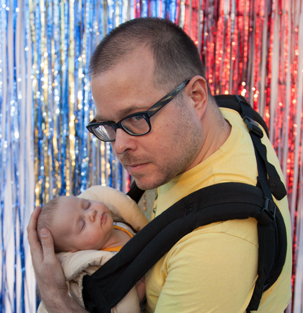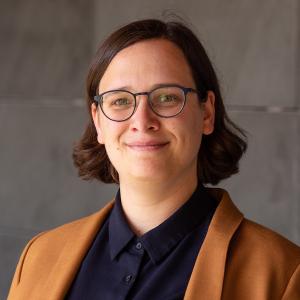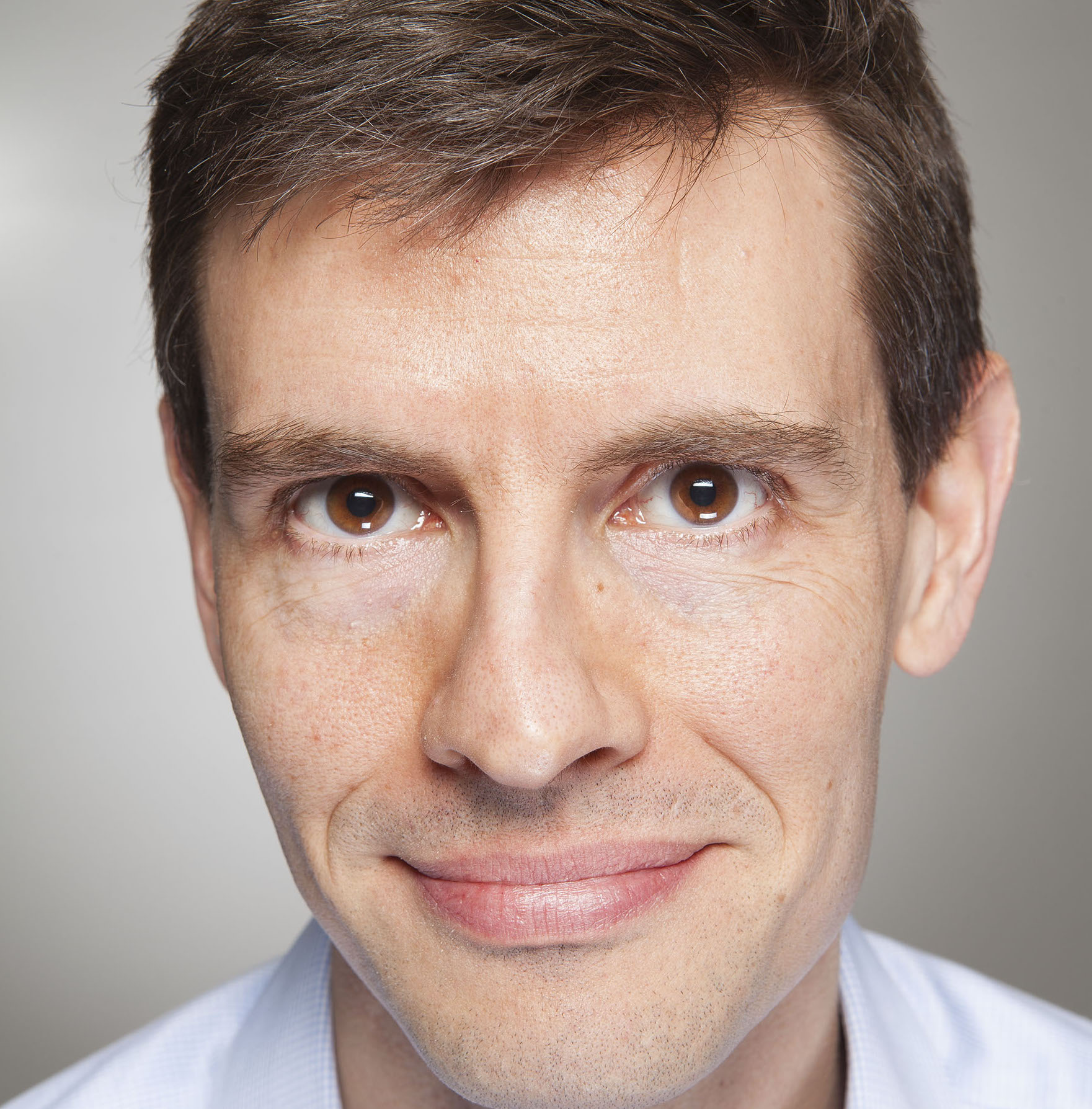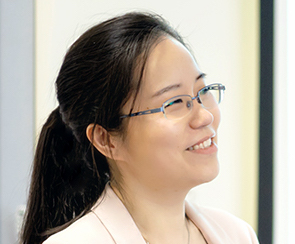Adding to its distinguished pool of esteemed faculty and researchers, Cornell Information Science is pleased to announce the addition of five new faculty members for the 2020 academic year.
Sharlane Cleare, Chris Csíkszentmihályi, Matthew Wilkens, and Qian Yang will begin their lecturer and professorships in Information Science this fall, while Gili Vidan will arrive in July 2021.
Sharlane Cleare
Areas of Interest: Broadening STEM participation for underrepresented people of color, human computer interaction
Faculty Profile: Sharlane Cleare on Race, Gender, and Persistence in STEM Fields
Cleare Sharlane.jpg

Sharlane Cleare is a lecturer in Information Science at Cornell University. Her research focuses on broadening STEM participation for underrepresented people of color by understanding how various learning experiences influence their intent to persist in STEM. Cleare received a BA in Computer Information Systems from Georgia State University, an MBA from Clark Atlanta University, a Masters in Technology Leadership & Innovation from Purdue University, and PhD in Technology from Purdue, with a dissertation on understanding Black women’s experiences in a first-year undergraduate human centered design course. Prior to joining Cornell, she worked as a Project Manager at Sprint, a Business development consultant at Oracle, and Project Manager at Providence Technology Group in Nassau, Bahamas.
Chris Csíkszentmihályi
Areas of Interest: Information for accountability, social and environmental justice, and activism; information and art and design practice
Faculty Profile: Technologist Chris Csíkszentmihályi Eludes Conventions
csik chris and baby 2020.png

Chris Csíkszentmihályi is associate professor of Information Science at Cornell University. Previously, he was a European Research Area Chair in Portugal, and founded the free/libre Rootio Project, a sociotechnical platform for community radio. Csíkszentmihályi has been a professor at universities in the USA and Europe: notably founding and directing the MIT Center for Future Civic Media (C4), dedicated to developing technologies that strengthen communities, and also the MIT Media Lab's Computing Culture group, creating unique media technologies for cultural and political applications. He has been a Radcliffe Fellow and a Rockefeller New Media Fellow, and has exhibited installations and performed on most continents. He currently sits on the board of the DATACTIVE ERC project at U. Amsterdam and the EPSRC Centre for Doctoral Training in Digital Civics at Newcastle University.
Gili Vidan
Areas of Interest: Digital information technologies, changing notions of public trust and democratic governance, and narratives of crisis and future-making in the U.S.
Vidan Gili.jpg

Gili Vidan will join the Information Science faculty in July 2021. Her work looks at digital information technologies, changing notions of public trust and democratic governance, and narratives of crisis and future-making in the US. Her dissertation, “Technologies of Trust,” traces technical attempts to solve the problems of trust and transparency, with a focus on the development of public-key cryptography in late 20th- and early 21st-century US. She is the 2019-20 Ambrose Monell Foundation Fellow in Technology and Democracy at the Jefferson Scholars Foundation.
Matthew Wilkens
Areas of Interest: Digital humanities, cultural analytics, text mining, quantitative literary history
Faculty Profile: Matthew Wilkens on Text Mining for the Humanities
wilkens matt crop.jpg

Matthew Wilkens is an associate professor of Information Science at Cornell University. He uses quantitative and computational methods to study large-scale developments in literary and cultural history. His work has focused in particular on literary text mining, geolocation extraction, genre detection, and the cross-pollination of critical and social-scientific methods. He is the director of the Textual Geographies project, a co-investigator of the Text Mining the Novel project, a founding editorial board member of the Journal of Cultural Analytics, and the author of "Revolution: The Event in Postwar Fiction".
Prior to arriving at Cornell, Wilkens taught at the University of Notre Dame, where he was Ruth and Paul Idzik Associate Professor in Digital Scholarship, and at Wayne State University. He received his PhD in Literature from Duke University, master's degrees in English from the University of Wisconsin-Madison and in physical chemistry from the University of California-Berkeley, and a bachelor's degree in chemistry and philosophy from the College of William and Mary.
Qian Yang
Areas of Interest: Human-AI Interaction, Intelligent User Experience, Research through Design, Language Interactions, Networked Interaction design
Faculty Profile: Qian Yang - Combining Machine Learning, HCI, and Design for the Greater Good
Yang Qian crop.jpg

Qian Yang is an assistant professor in Information Science at Cornell University. As a human-AI interaction researcher, she helps translate AI's algorithmic advances into valuable real-world applications that serve human ends. Yang has so far designed several high-consequence AI applications: from decision support systems for life-and-death healthcare decisions (i.e. artificial heart implants and cancer diagnoses) to context-aware mobile services, from Natural Language Generation systems to autonomous cars. Building upon this related vein of practice, she works to inform a basic understanding of AI as a material for HCI design. In addition, she innovates methods and tools for the UX design and HCI practicing communities, helping them to better integrate AI into their day-to-day practices.
Yang completed her PhD in human-computer Interaction at Carnegie Mellon's School of Computer Science. She holds master's degrees in HCI from Carnegie Mellon University and in Design and Bachelor of Engineering in Industrial Design from Shanghai Jiaotong University. Before CMU, she worked in design consultancy and in the industry (2007-2014).



